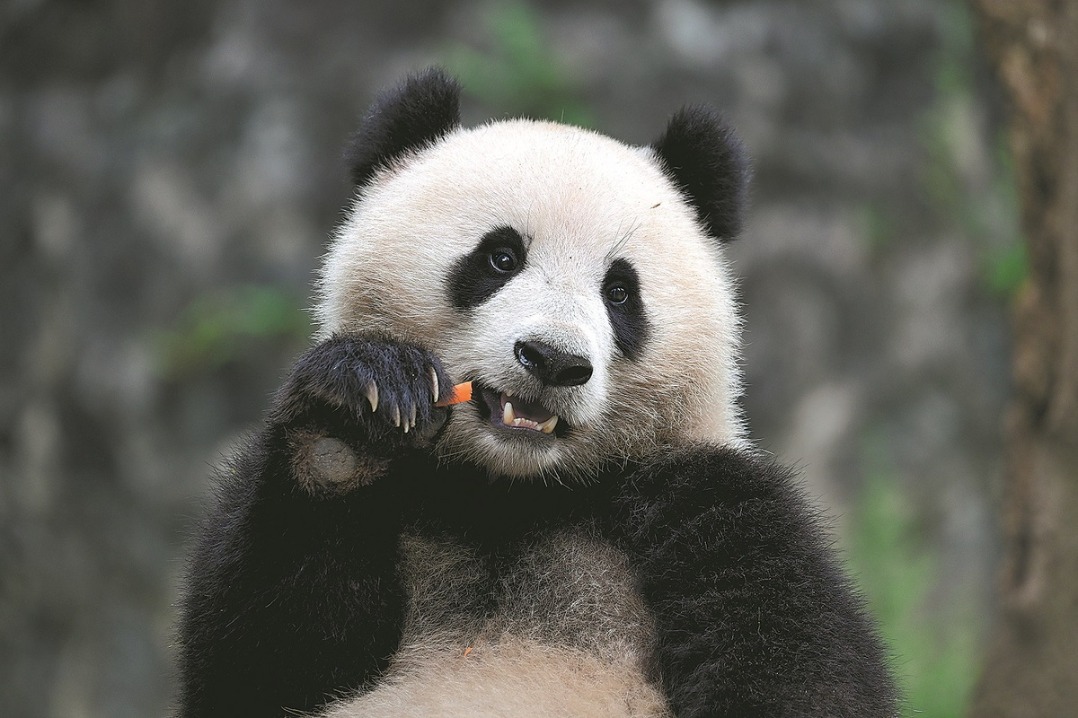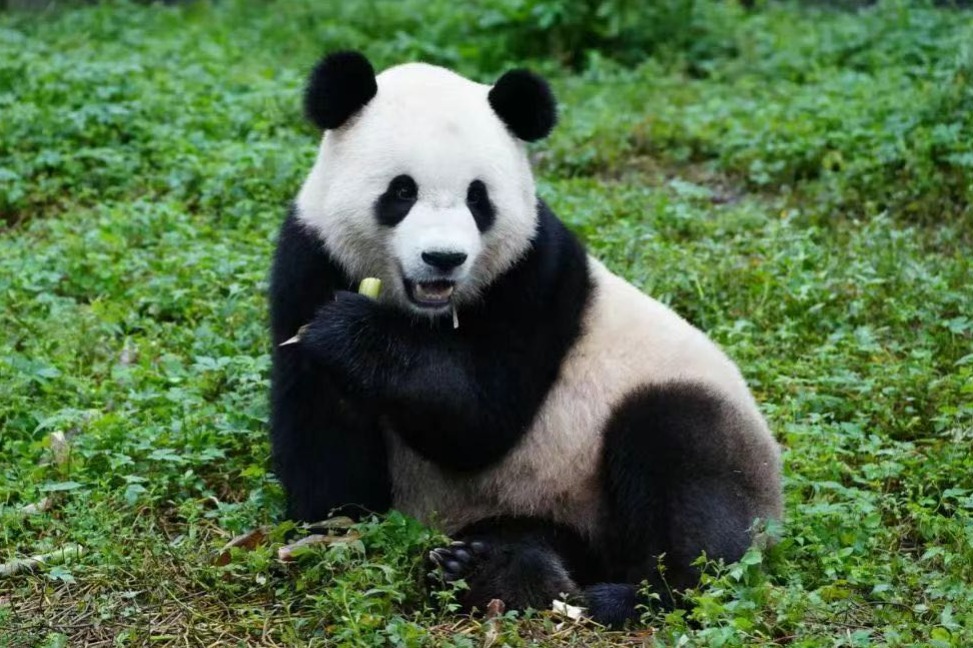Japan-China relations at a crossroads
By Yukio Hatoyama | China Daily | Updated: 2023-08-10 06:43

On Aug 12, 1978, Japan and China signed the Treaty of Peace and Friendship. I would like to sincerely celebrate the 45th anniversary of the treaty. The treaty affirms the principles of mutual respect for sovereignty and territorial integrity, mutual non-aggression, non-interference in each other's internal affairs, equality and mutual benefit, and peaceful coexistence. Its significance and effectiveness have not been lost to this day.
However, I cannot ignore the growing sense of crisis that this treaty is becoming hollow. Over the past 45 years, the balance of power between Japan and China has dramatically shifted both in absolute and relative terms. The international environment for both countries, including Sino-US relations, has also undergone drastic changes. If Japan and China do not pay meticulous attention to managing their relationship, it would not be surprising to see Japan-China relations deteriorate even further than they are now.
What is needed to stabilize Japan-China relations? After all, international relations are an extension of human relations. I believe the key to improving Japan-China relations lies in considering how to untangle complicated human relationships in our life.
Consider the other party's position
To begin with, it is a matter of perception. If we see things only from our own standpoint and fail to consider the other party's perspective, the relationship between both sides will inevitably deteriorate. This issue also applies to Japan-China relations. For instance, Western countries view China's recent export restrictions on semiconductor materials as "economic coercion." However, from China's perspective, the United States has been exerting economic pressure on China since former president Donald Trump came to power, and Japan has also been fundamentally cooperating with those actions.
Debating who is right in this situation will not lead to any improvement. Understanding that the truth often lies on both sides of a coin can be the first step towards calming tensions. Looking back in history, many of us believe that the Cuban Missile Crisis was triggered by the Soviet Union's attempt to build nuclear missile bases in Cuba. However, Moscow's actions were also partly a response to the United States deploying nuclear missiles in Turkiye. The Cuban Missile Crisis was resolved when then US president John F. Kennedy and Soviet leader Nikita Khrushchev understood the concern of others on the brink of nuclear war. They could finally reach a compromise to remove nuclear missiles from both Cuba and Turkiye.
The leaders of Japan and China should seriously (and quietly) try to improve communication as a first step. Compared with the United States and the EU, the Japanese government has been too slow to restore and strengthen communication with the Chinese government. If Japan holds a trilateral summit with the US and the Republic of Korea, for example, it should also urgently hold a Japan-China-ROK summit.
In relation to the issue of perception, China should also be more mindful of its actions. China is now undoubtedly a major power. Using the same strong rhetoric as it did 10 or 20 years ago often raises more suspicions and opposition from other countries. As a result, the aforementioned problem of perception becomes even more complex. China is a great and mature nation with a rich civilization and wisdom. I hope it can focus more on soft power and win others over with its charm.

Engage in specific cooperation in climate change
Another crucial aspect is for Japan and China to accumulate a track record of cooperation. Currently, there seems to be shared concerns in Japan that if they cooperate with China, their technology might be stolen, or they might attract scrutiny from the United States. While Japan should demand improvement from China in areas such as intellectual property rights protection, it is entirely absurd for Japan to hesitate on Japan-China cooperation in a wide range of areas due to an excessive focus on geopolitical competition.
One urgent task, in my view, is Japan-China cooperation on climate change. On July 27, UN Secretary-General Antonio Guterres warned that "the era of global warming has ended" and "the era of global boiling has arrived". Both Japan and China are already facing extreme heatwaves and heavy rainfall, resulting in the loss of many lives and wealth. If this continues, Japan, China, and the world may all suffer the consequences of climate change, regardless of the outcome of geopolitical competition.
Engaging in direct cooperation in environmental technology development and promotion can lead to the reconstruction of a long-forgotten win-win relationship between Japan and China. In fact, the development and widespread adoption of electric vehicles would progress extremely slowly if Japan were to pursue this goal alone, both in terms of technology and market scale. Both countries should also vigorously advance the idea of Japan-China cooperation in third-country markets related to low-carbon and carbon neutrality, as discussed during the bilateral forum in Wuhan, Hubei province, in 2021.
Japan's historical mission
As we celebrate the 45th anniversary of the Japan-China Treaty of Peace and Friendship, Japan-China relations are at a crossroads. Falling into Thucydides' Trap and Cold War mentality will lead us into a serious negative spiral. By holding on to reason and hope, we must refrain from taking that perilous path.
I firmly believe that Japan can play a crucial role in controlling and mitigating the Sino-US confrontation. To achieve this, however, the Japanese government must change its habit of selfless devotion to US diplomacy. Instead, it should take the example of West Germany, which pursued its own diplomacy with the Soviet Union and facilitated US-Soviet détente. Indeed, Japan acting as a bridge between the US and China is most fitting with the spirit of the Japan-China Treaty of Peace and Friendship.
The author is former prime minister of Japan.
The opinions expressed here are those of the writer and do not necessarily represent the views of China Daily and China Daily website.
If you have a specific expertise, or would like to share your thought about our stories, then send us your writings at opinion@chinadaily.com.cn, and comment@chinadaily.com.cn.
























